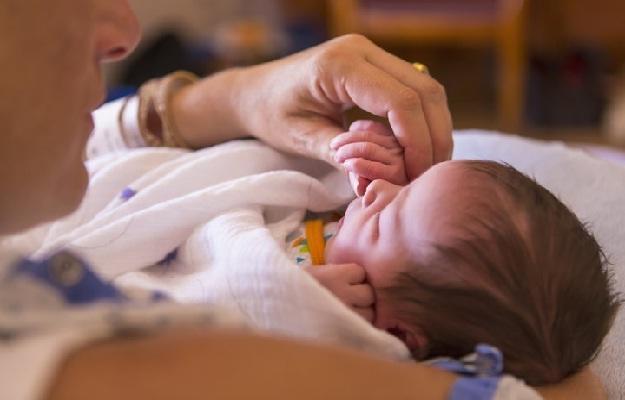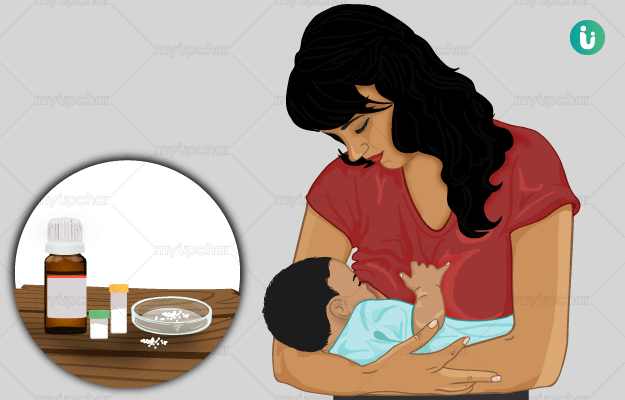If you are an expecting woman or a new parent to a just born baby, you might be worried- when will your periods start again? One misconception that most new mothers have is that bleeding right after the birth of your baby is your menstrual cycle. But this is postpartum bleeding, which is a consequence of extra fluid and blood linked to your pregnancy. You may have to deal with your postpartum bleeding for around 6 weeks. And then you’ll get your first periods within a few weeks as this stops.
99% Savings - Buy Just @1 Rs
X

- हिं - हिंदी
- En - English
- Treatment
-
- Skin Issues
- Acne
- Fungal Infection
-
- Hair Problems
- Hair Growth
- Hair Dandruff
- Self-Analysis
-
- Chronic Diseases
- Diabetes
- Heart Care
- Weight Loss
- Sleep Support
- Liver Care
- Stress & Anxiety
- Our Brands
- Doctor Consultation
- Medicine A-Z
-
Health A-Z
-
- Treatments
- Home Remedies
- Herbs
- Surgery
- Lab Test
- Therapy
- First Aid
- Ayurveda
- Homeopathy
-
- Yoga And Fitness
- Fitness
- Yoga
- Weight Loss
- Weight Gain
-
- Other Topics
- Baby Names
- Beauty
- Healthy Foods
- Tips
- Health News
- Pet Health
- Men Health
- Medical Cannabis
- Login / Sign Up


































